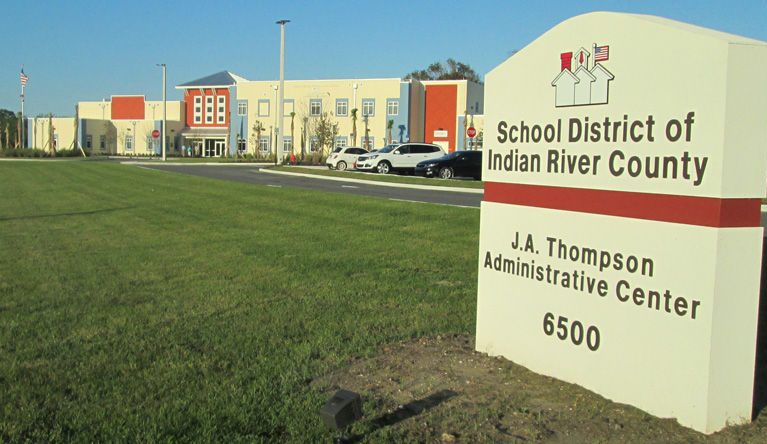
The Indian River County School District Audit Committee had tough questions for district administrators and insurance executives as it dug into the problems that have plagued the district’s employee health insurance fund.
The questioning revealed that the district does not know whether its self-insurance fund costs more or less than getting health insurance for employees through a private company, and that its payment arrangement with its benefits consultant rewards inefficiency and poor results.
The mismanaged health insurance fund was $7 million in deficit last year. It was that huge and hard-to-explain shortfall that spurred the School Board to reactivate the Audit Committee, last convened in 2012.
Audit Committee Member Glenn Heran zeroed in on School District administrators’ failure to do basic cost analysis.
He asked if the district regularly compares the cost of being self-insured to having a private insurance company provide health benefits. “Do you look at the in-house cost? The issue is the complete cost and do you know what your alternative would be each year?”
“It’s not in the financial statement,” Assistant Superintendent of Finances Carter Morrison admitted.
“If there is no cost analysis of in-house costs, taxpayers lose their sense of confidence in the district’s transparency,” Heran said.
“Maybe your time is better spent in the classroom,” Heran continued. “You are not in the insurance business. Isn’t education what we’re here for? How much time and energy is spent versus stroking a check [to a private insurance company]?”
Next, Audit Committee Chairperson Bob Auwaerter asked Aon Hewitt Vice President Richard Kaufman if his company – which advises the district on its self-insurance fund, serving as benefits consultant – was paid a commission or a fee.
Kaufman said his company gets a commission based on a percentage of the premiums paid.
“Correct me if I’m wrong, but this is a perverse situation where you get paid more if the premium is higher,” Auwaerter said. “Theoretically, you get paid more for doing a poorer job.”
“Commission is the norm for governmental entities that self-insure,” Kaufman said. “We’re very transparent,” adding the district could have hired a consultant-broker on a fee basis.
Despite Kaufman’s claim, Indian River County, which has a self-insure plan for its employees, just went out to bid for a benefits consultant with the proviso that the consultant will be paid a flat fee.
The county’s benefits consultant has previously been paid a commission, but recently hired Human Resources Director Suzanne Boyll made it a priority to switch to a flat fee payment structure.
“I felt it was more transparent,” Boyll said.
The School Department Audit Committee unanimously passed a motion to investigate whether Aon’s compensation should be changed from a commission-based to a flat-fee structure. That recommendation will be considered by the School Board.
The committee also unanimously passed a motion urging the district do a complete cost analysis the next time it goes out to bid for health insurance services.
Unfortunately for taxpayers, that won’t be for five years. The district recently had Aon Hewitt evaluate plan administrators and pick one based on price and qualifications.
Aon did not use a public bidding process to makes its selection. Instead, it asked undisclosed companies to respond to its proposal and then made a recommendation to the School Board.
The board then approved a new 5-year contract with Blue Cross Blue Shield to administer the district’s self-insurance program, the same administrator used during the time the $7-million deficit mounted up.



